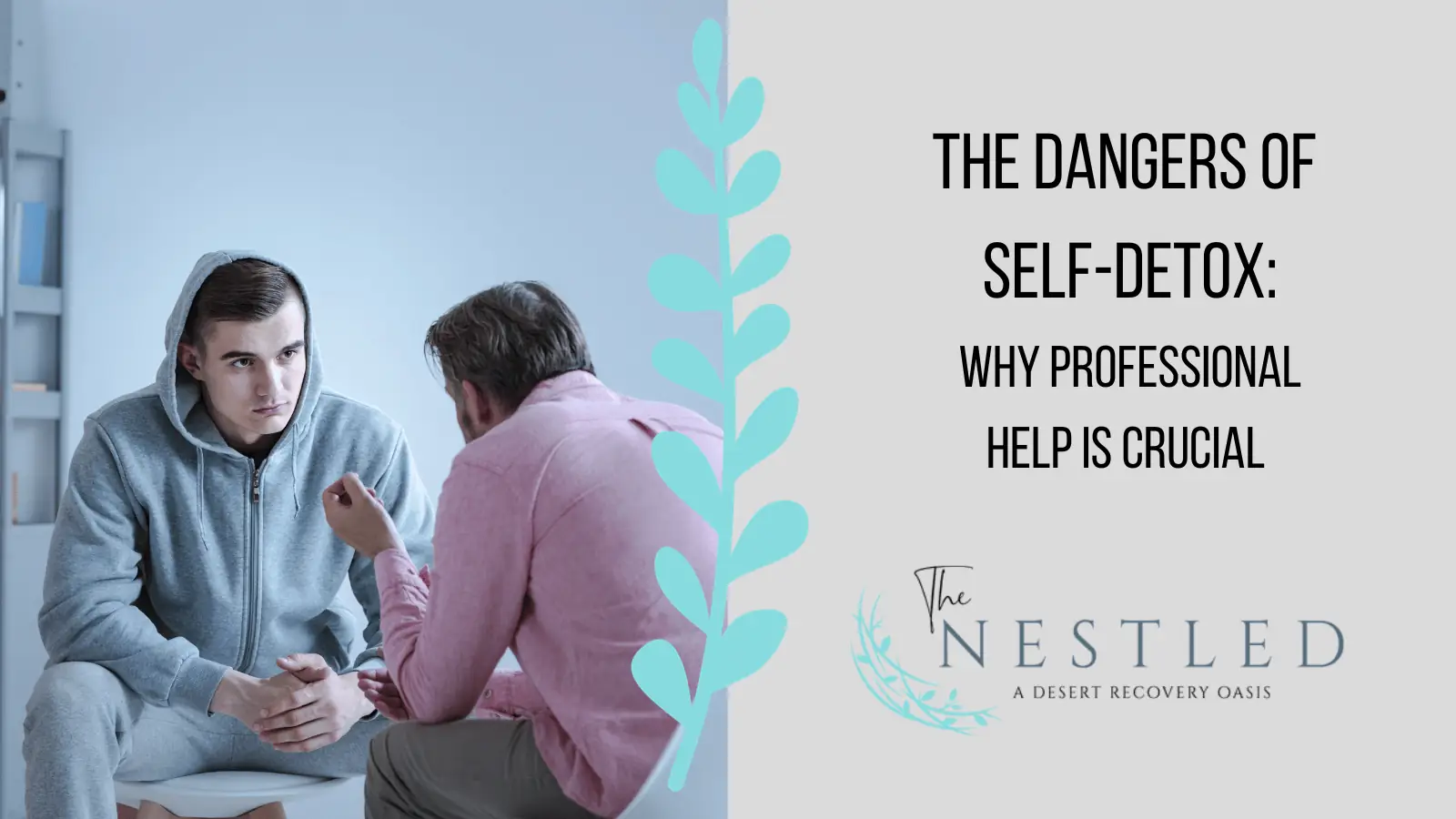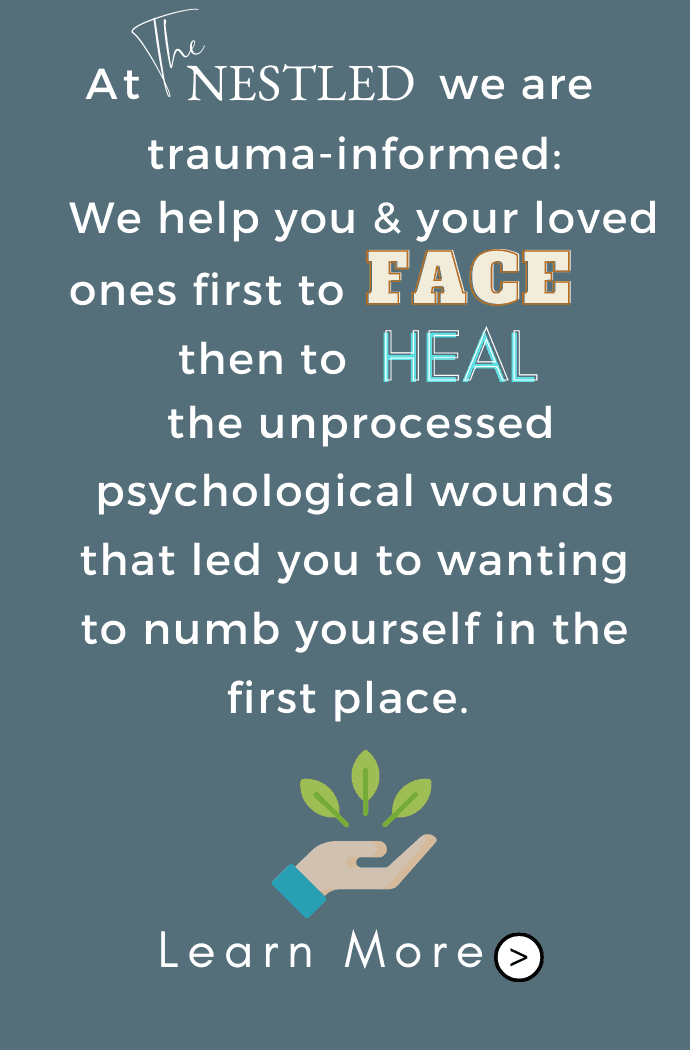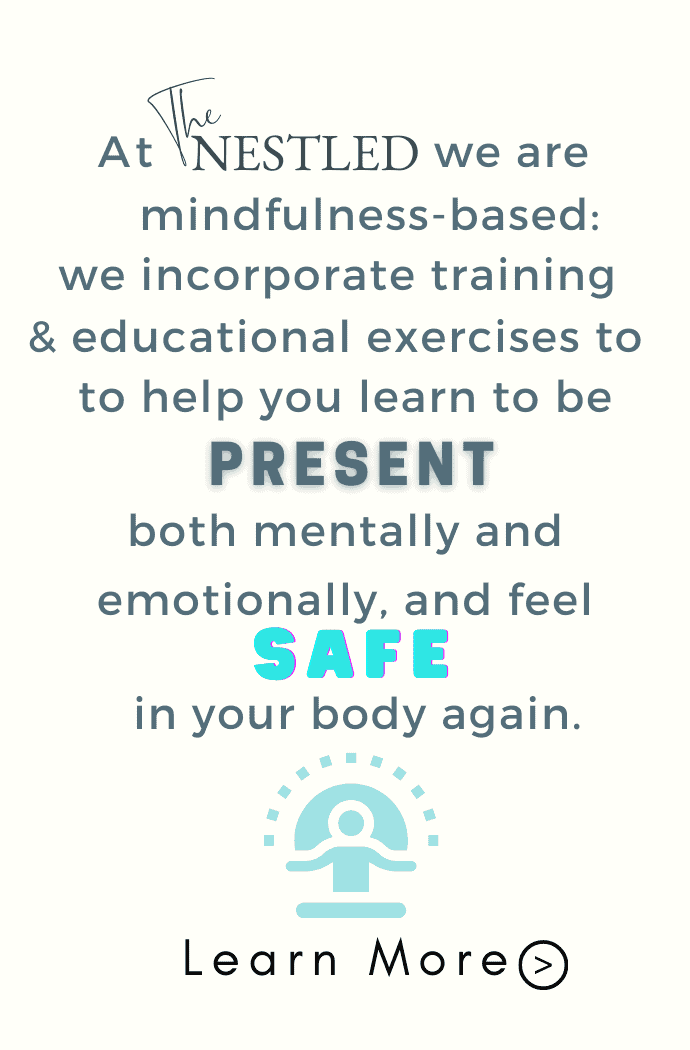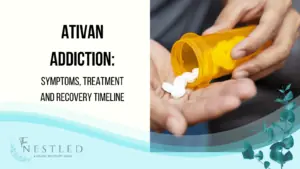Detoxification, commonly referred to as detox, is a term that has become increasingly familiar to many. It represents the body’s natural process of eliminating toxins, especially after prolonged substance use. With the rise of information available online and the desire for quick fixes, there’s been a growing trend of individuals attempting to detox from drugs or alcohol on their own, often referred to as “self-detox.” While the intention behind self-detox is understandable, the risks associated with it are significant and often underestimated.

Definition and Purpose of Detox
Detoxification is the process of allowing the body to rid itself of a drug while managing the symptoms of withdrawal. It’s the initial step in a comprehensive rehab program that offers all the tools required for recovery. The primary goal of detox is to safely and comfortably embark on a period of recovery. It’s meant to help individuals overcome the immediate physical effects of addiction, but by itself, it doesn’t address the psychological, social, and behavioral problems associated with addiction.
The Body’s Natural Detoxification Process
Our bodies are naturally equipped with systems to process and remove toxins, primarily through the liver. The liver filters and removes harmful substances from the blood, breaking them down into safer compounds that the body can either use or excrete. However, when a person consumes substances like heroin, meth, alcohol or other drugs in large amounts or over an extended period, this natural detox system can become overwhelmed. The body becomes reliant on these substances to function, leading to physical dependence.
How Substances Like Drugs and Alcohol Affect the Body’s Balance
Drugs and alcohol can have profound effects on the body, altering brain chemistry, hormone levels, and other bodily functions. Over time, the body becomes accustomed to the presence of the substance, adjusting its natural balance to accommodate it. When the substance is suddenly removed or reduced, the body struggles to regain its equilibrium, leading to withdrawal symptoms. These symptoms can range from mild discomfort to severe, life-threatening conditions, depending on the substance, the duration of use, and the individual’s overall health.
The Risks of Self-Detox
- Physical Dangers of Unsupervised Withdrawal
- Severity of Withdrawal Symptoms: Depending on the substance and the duration of use, withdrawal symptoms can range from mild to severe. Common symptoms include nausea, sweating, shaking, and anxiety. However, more severe cases can lead to hallucinations, seizures, and even death.
- Complications Due to Underlying Health Conditions: Individuals with pre-existing health conditions can face exacerbated symptoms during withdrawal. For instance, someone with a heart condition might experience dangerous heart rate fluctuations during detox.
- Dehydration and Nutritional Deficiencies: Vomiting and diarrhea are common withdrawal symptoms, which can lead to dehydration and electrolyte imbalances if not properly managed.
- Psychological and Emotional Challenges
- Mental Health Fluctuations: Detox can be a mentally challenging process. Depression, anxiety, and mood swings are common, and without professional support, these can become overwhelming.
- Risk of Self-Harm or Suicide: The emotional toll of detox, combined with the physical discomfort, can lead to feelings of hopelessness. In some cases, this can result in self-harm or suicidal thoughts.
- Relapse Potential: The intense cravings and discomfort during withdrawal can make relapse more likely. Returning to substance use after a period of abstinence can be particularly dangerous, as individuals might consume their usual dose, not realizing their tolerance has decreased, leading to overdose.

The Benefits of Professional Detox Programs
- Medical Supervision and Support
- Medication-Assisted Treatment (MAT): Certain medications can ease withdrawal symptoms, making the detox process more comfortable and reducing the risk of complications. Only a professional setting can provide and monitor these medications effectively.
- 24/7 Monitoring: In a professional detox facility, medical staff are on hand around the clock to monitor patients, ensuring their safety and well-being throughout the process.
- Emotional and Psychological Support
- Counseling and Therapy: Detox centers often provide counseling sessions to help individuals cope with the emotional challenges of withdrawal. This support can be crucial in preventing relapse and ensuring a successful detox.
- Peer Support: Being in a facility means being surrounded by others who are going through similar experiences. This sense of community can provide invaluable support and understanding during a challenging time.
- Structured Environment
- Routine and Stability: A structured environment can provide a sense of normalcy and routine, helping individuals focus on their recovery without external distractions or temptations.
- Holistic Therapies: Many professional detox centers, like The Nestled Recovery Center, offer holistic therapies such as yoga, meditation, and art therapy. These can be beneficial in managing stress and promoting overall well-being during detox.

Making the Right Choice for Safe Recovery
- Understanding the Stakes: The journey to sobriety is a commendable one, but it’s essential to recognize the inherent risks of going it alone. The dangers of self-detox can be life-threatening, both physically and mentally.
- The Value of Expertise: Professional detox facilities bring together a team of experts – from medical doctors to therapists – all dedicated to ensuring a safe and effective detox process. Their combined knowledge and experience can be the difference between a successful recovery and a dangerous relapse.
- A Foundation for Long-Term Recovery: Successfully navigating the detox process with professional help can set a strong foundation for the next stages of recovery, be it inpatient rehab, outpatient therapy, or other forms of continued treatment.
- Personalized Care: Every individual’s journey with addiction is unique, and professional detox centers understand this. They tailor their approach to suit each person’s needs, ensuring the best possible outcomes.

Prioritize Your Health and Safety
Embarking on the path to sobriety is a brave decision, but it’s crucial to prioritize your health and safety by seeking professional help. The dangers of self-detox are real and can have lasting consequences. By choosing a professional detox program, you’re not only safeguarding your well-being but also giving yourself the best chance at a successful, long-term recovery.
Ready to Take the Safe Step Towards Recovery? Contact The Nestled Recovery Center today and let our team of experts guide you through a safe and effective detox process. Your health and future are worth it.








